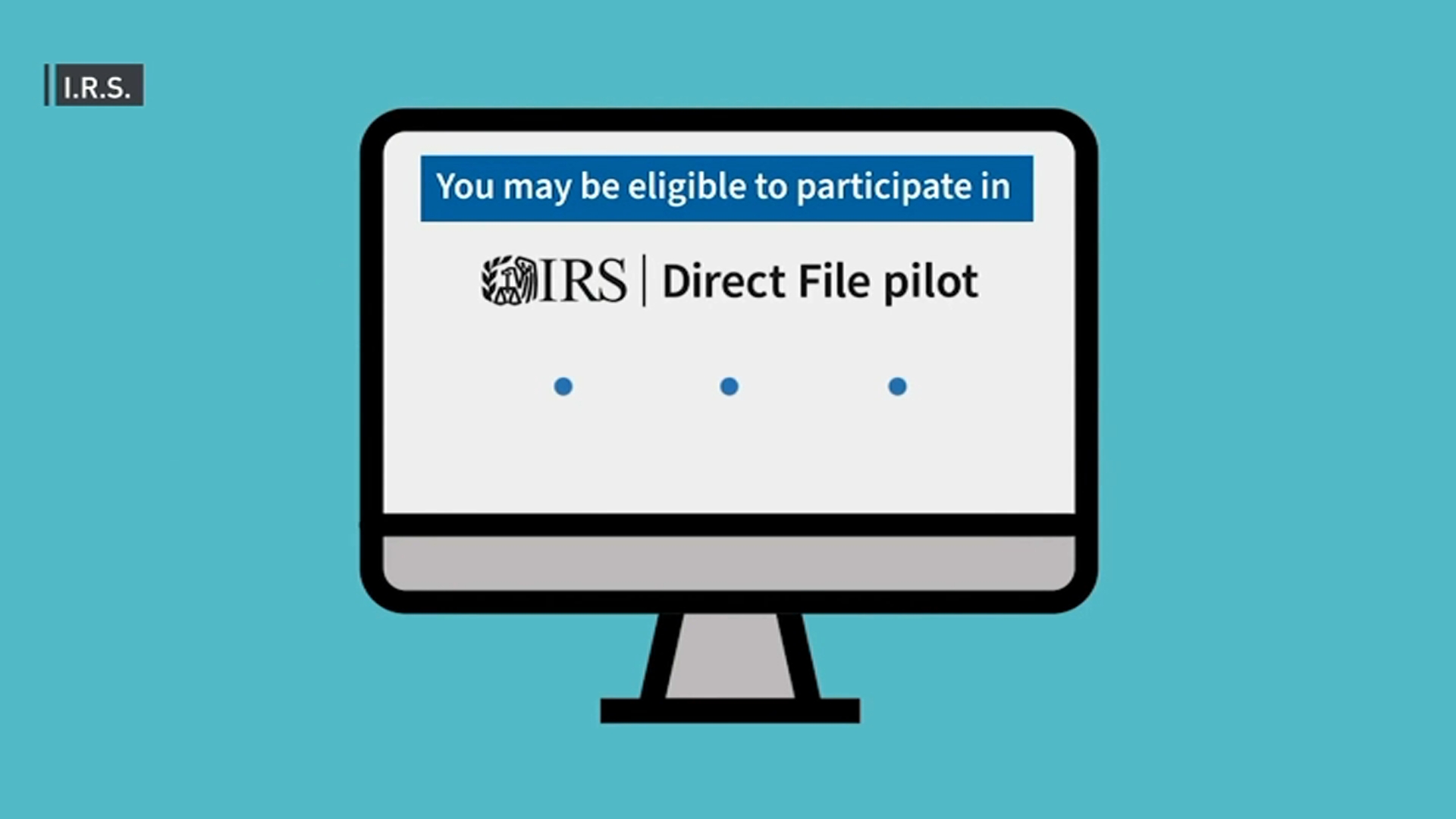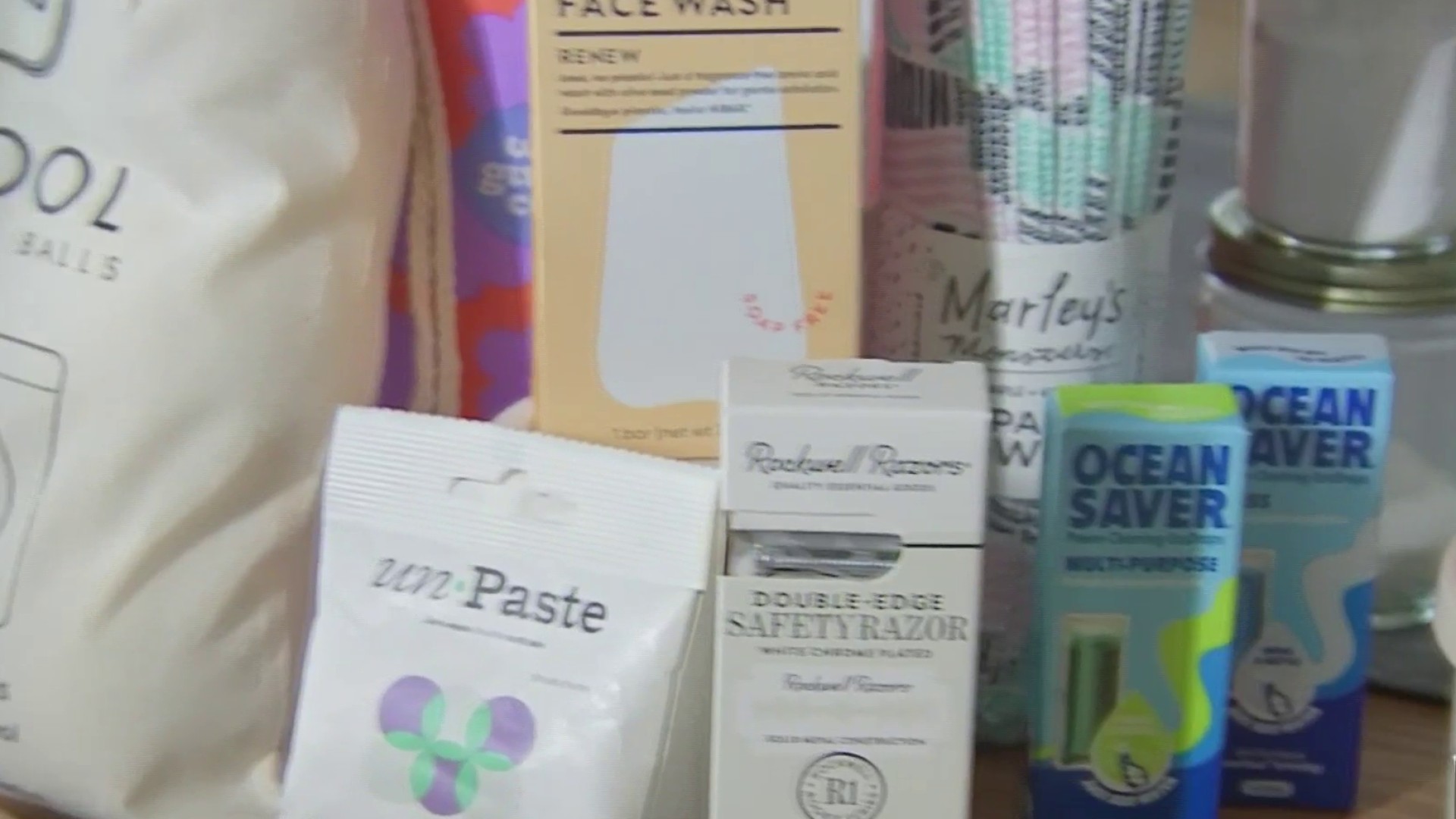Organized retail thefts and smash-and-grab incidents have made headlines recently.
But the small-scale shoplifting that happens every day is an ongoing problem that cuts into the profits of small businesses.
At the Wild Duck Wine & Spirits store in Boston, shoplifting is a daily problem, and managers have turned to cutting-edge AI technology to try to stop it.
“It's pretty bad here this area,” said store manager Smitesh Patel. “Sometimes the gang up, they come, like, you know, like five or six people together.”
Get New England news, weather forecasts and entertainment stories to your inbox. Sign up for NECN newsletters.
He says it’s a frustrating problem.
Managers have tried to monitor the dozens of security cameras in the store, but it’s a daunting task. So, they’ve added another layer of artificial intelligence to them. All 24 of them feed into an AI system developed by a French tech company called Veesion.
It analyzes the video feeds for specific movements that suggest someone is stealing. Veesion’s Pablo Blanco explained how it works.
“So, in this video, we can see this guy on the left is the same as the guy on the right. Every time he takes an item from the store the system is going to analyze the gestures, is going to detect if he is stealing and is going to send out an alert,” says Blanco.
The algorithm doesn’t care what someone looks like, it’s just recognizing gestures. It alerts store employees in about 15 seconds by sending out a video alert of the suspicious incident, so they can stop thieves before they leave the store.
We asked him what specific gestures the technology picks up on.
“When someone takes an item, they put the item inside the pocket. Inside the trousers, or inside the jacket,” explained Blanco. “Second one, when they are drinking or eating inside the store….third one is baby strollers, women with babies they take a bottle, they put the bottle inside the baby stroller and they leave without paying.”
The technology also picks up the motion of putting something into a backpack or tote bag. If a store employee receives a video alert, they can confront the shopper or watch to see if they bypass the register.
We tried to conceal a bottle of vodka in the store, and a video of the action quickly popped up on a manager’s phone.
“When you stop someone from stealing. $20, it’s not just $20,” said Blanco. “You're stopping this person from coming back all the time, every day. So, at the end, this is more than $20. It's way more than that.”
The Veesion system is easy to install and only costs the store a couple hundred dollars a month, much less than it would cost to hire a security guard.
Patel is still getting used to it but hopes it will work as a deterrent and the message will get out that the store is not an easy target for shoplifters.
“Let's see how it's going to work in future. If it is more good, good for us,” said Patel. “Always try something. If you don't try, then how do you know?”
Veesion says its system is used widely across Europe. They only launched it in the United States a year ago, and now have 500 stores equipped with it. Currently only about 30 of them are in Massachusetts, but they say that number will triple in the coming months.



